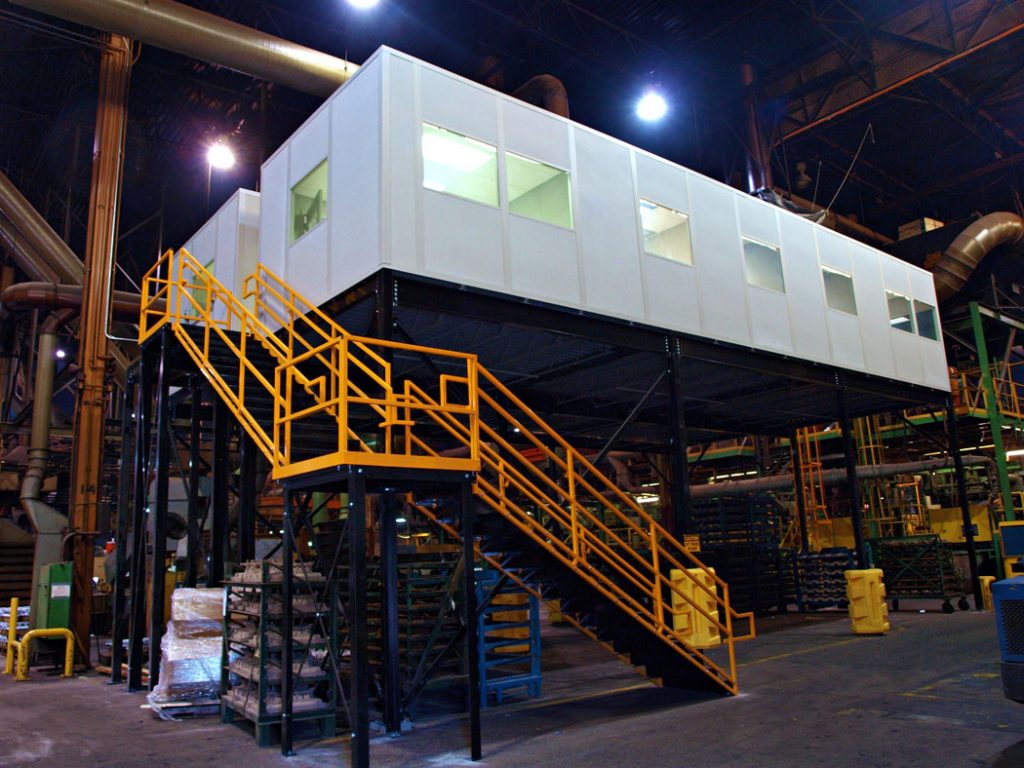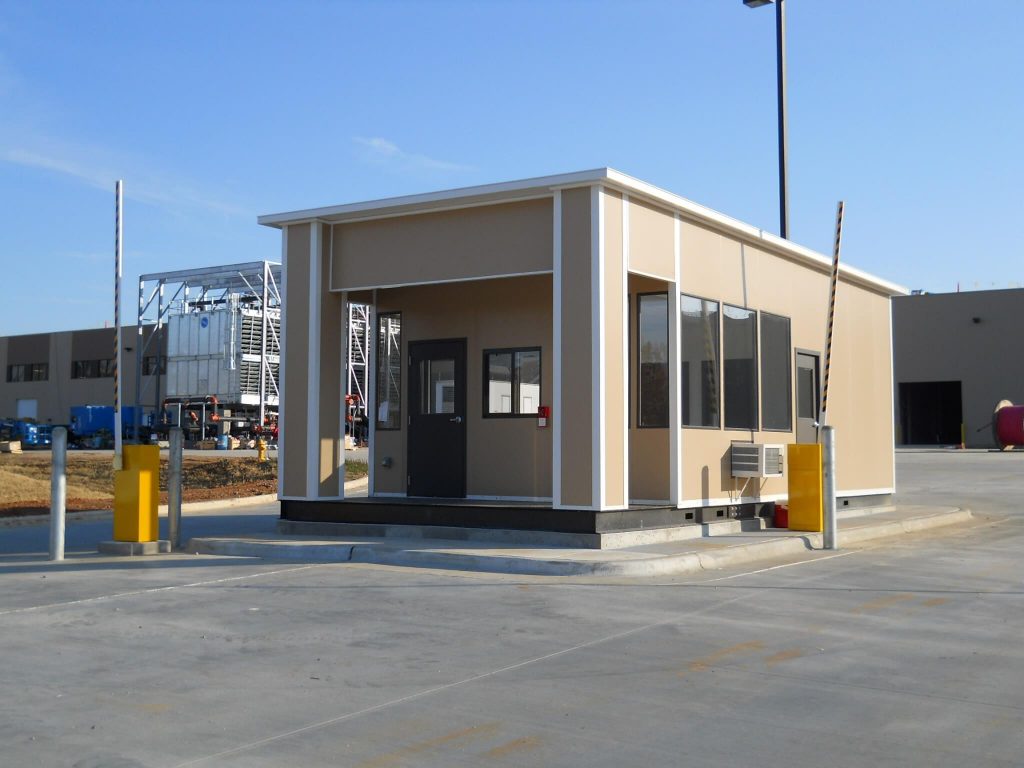Modular Construction: The Greener Way to Build
Blog
Traditional construction faces many issues when it comes to the handling, creation, and recycling of wasted materials. In fact, an NAHB study found that an estimated 8,000 lbs of waste are created from the construction of a 2,000 square foot building. These squandered materials are all standard materials that you would use to construct a building: wood, brick, insulation, drywall, etc. However, only an estimated 20% of these leftover construction materials are actually re-purposed or recycled, according to The American Institute of Architects. On top of that, the AIA states that “it is estimated that anywhere from 25 to 40 percent of the national solid waste stream is building-related waste.”
[1] And in 2009 the Construction Materials Recycling Association, estimated that construction and demolition waste from building construction was around 325 million tons annually. So, in a society that constantly pushes for greener solutions across all facets of life, what alternatives do companies have to be more eco-friendly?
Modular Sustainability
The processes that go into modular construction allow for far more accountable and ecological building methods. Modular construction takes advantage of a process known as “Mass Customization.” When constructing a modular building, the same paneling that used to create one building can be snapped into place on another building. However, you can still design the building practically however you want! Therefore, any paneling left unused after a job can simply be used on the next one. Plus, they will not need to be moved very far because all structures are built in our own facilities, ensuring they will not go to waste. And we use
CAD software to map out all our prefabricated projects, so we know the exact amount of materials that need to go into each job.
The factory setting also allows us to better control our inventory and regulate the working conditions, in comparison to traditional construction. While most construction sites have delays due to inclement weather, the modular construction process takes place indoors, keeping our moisture levels low in our materials, preventing damage. While our employees construct the building indoors, the project site is being set up for installation. Therefore, with these two processes occurring simultaneously, the building site receives far less disturbance from foot traffic, machinery, equipment, and materials.
Ultimately, the same paneling that allows us to use Mass
Customization also supports recycling efforts. Our buildings are designed to be installed and disassembled easily. So when a building is no longer of use, instead of being demolished like traditional construction, the paneling can simply be taken apart and reused. This allows you to drastically cut down on waste in the deconstruction process as well. Many of the structures are also movable, so the same building can be moved to another location to serve another purpose for you.
The Panel Built Difference
Here at Panel Built, we try our best to reduce waste in every stage of our projects because waste equals inefficiencies, and we hate inefficiencies.
Our first step of waste reduction comes in our attention to detail in the design process. Our sales people work with clients to ensure every detail of your project is mapped out and taken care of. Then, the project and all of the details are sent to our engineering department, where they meticulously design every aspect of the structure. From this point, we have all the materials we need to be mapped out, down to every last nut and bolt. From there, we simply take the required pieces from inventory and get to work on the factory floor.
In the factory, inventory is easier to control than a traditional construction site. All materials have set storage areas that provide easy management and movement. In fact, WRAP, an organization dedicated to resource efficiency, stated that “Volumetric (
modular) building systems are the ultimate in offsite manufacturing technology and their substitution for traditional building methods typically leads to a virtual elimination of all wastage bar excavation spoil for ground preparation.”
[2] They also showed that an estimated 70-90% of construction waste can be eliminated through offsite construction practices.
Overall, Panel Built believes in efficiency and sustainability in all aspects of our business. We design our factories for our employees to quickly grab and transport materials. We design our construction process to ensure every piece of material is used to its fullest potential. And we design our products to be made quick, durable, and perfect for our customers. Our modular buildings and structures provide a world class product to your company, while also providing an eco-friendly solution for the environment.
Sources
1) http://www.aia.org/aiaucmp/groups/secure/documents/pdf/aiap072739.pdf
2)
http://www.modular.org/marketing/documents/WRAP_ModernMethodsConstruction_Report.pdf

